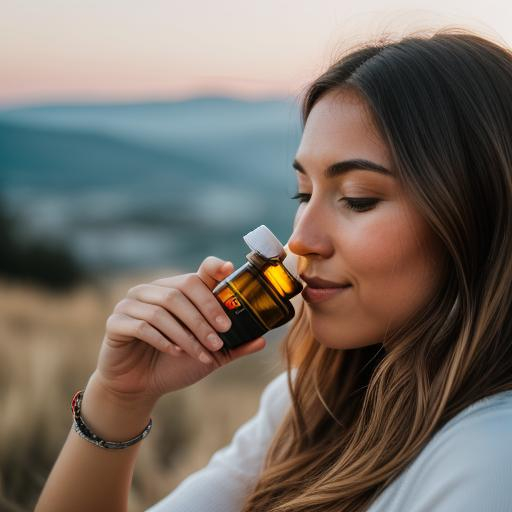The Profound Psychological Impact of Aromas:
Unveiling the Connection Between Scents, Emotions, and Memory Recall.
In the realm of sensory experiences, few have the power to evoke emotions and trigger memories as profoundly as aromas. The relationship between scents and our psychological well-being is a fascinating area of study that has gained increasing attention in recent years. In this exploration, we delve into the intricate connection between aromas, emotions, and memory recall, shedding light on the psychological impact of the scents that surround us.
The Olfactory System and Emotions:
The olfactory system, responsible for our sense of smell, is uniquely linked to the limbic system in the brain, an area closely associated with emotions and memory. When we encounter a particular scent, it can swiftly trigger emotional responses and memories, often without conscious awareness.
Emotional Responses:
- Aromas have the power to elicit a wide range of emotions. For example, the smell of lavender is commonly associated with relaxation and calmness, while citrus scents like lemon or wild orange can promote feelings of freshness and invigoration. Understanding the emotional impact of different aromas allows us to leverage scents to positively influence our mood.
Mood Regulation:
- Certain aromas have been found to influence the release of neurotransmitters in the brain, impacting mood regulation. For instance, the scent of lavender has been linked to increased serotonin levels, contributing to a sense of well-being and relaxation. This connection between aromas and neurotransmitters underscores the potential for scent-based interventions in psychological therapy.
Aromas and Memory Recall in Psychological Therapy:
The link between aromas and memory recall is a powerful tool in the realm of psychological therapy. The use of scents to evoke memories and associated emotions can facilitate therapeutic processes and enhance the effectiveness of interventions.
Trauma Processing:
- Aromas can be utilized to aid individuals in processing traumatic experiences. In exposure therapy, for example, specific scents associated with traumatic memories can be introduced gradually to help desensitize emotional responses and promote healing.
Stress Reduction:
- Aromatherapy, the use of essential oils for therapeutic purposes, is employed to reduce stress and anxiety. Scents like lavender, chamomile, and rosemary have been shown to have calming effects, making them valuable tools in stress management and relaxation techniques.
Enhancing Focus and Concentration:
- Certain aromas, such as peppermint and eucalyptus, have been found to enhance alertness and concentration. Incorporating these scents into therapy sessions or personal spaces can aid individuals dealing with attention-related challenges.
Positive Associations:
- Introducing pleasant and comforting scents during therapy sessions can create positive associations with the therapeutic process itself. Over time, individuals may come to associate these scents with feelings of safety and support, contributing to a more positive therapeutic experience.
Aromatherapy in Daily Life:
Beyond therapy sessions, the psychological impact of aromas extends to our daily lives, influencing our overall well-being and emotional states.
Home Environments:
- The scents present in our homes can significantly impact our moods and emotions. Utilizing essential oils or scented candles with aromas that promote relaxation or focus can contribute to a more harmonious living space.
Workspaces:
- Incorporating scents into workspaces can enhance productivity and create a positive atmosphere. Citrus scents are known for their invigorating properties, making them suitable for boosting energy and focus during work hours.
Self-Care Rituals:
- Aromas play a crucial role in self-care rituals. From scented baths with calming essential oils to using fragrant lotions or oils, incorporating pleasing scents into self-care practices can enhance relaxation and rejuvenation.
Conclusion:
The psychological impact of aromas is a rich and complex interplay between our olfactory system, emotions, and memory. Understanding this connection allows us to harness the power of scents for therapeutic purposes, stress reduction, and overall well-being. Whether in a therapy session or within the comforts of our homes, the intentional use of aromas can shape our emotional experiences and contribute to a more fulfilling and balanced life. As we continue to explore the profound impact of scents on our psychology, we uncover new avenues for enhancing mental health and fostering emotional well-being.










